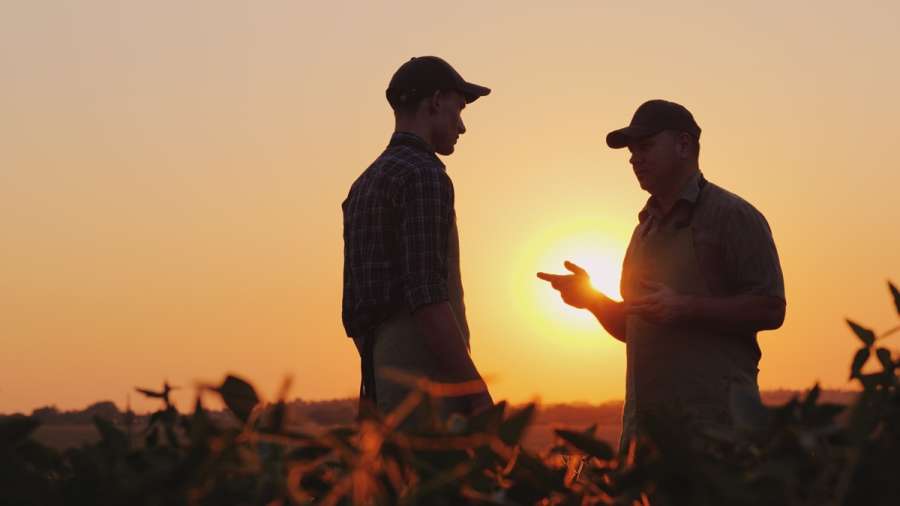Management succession should be a process that takes place over time and is not a one-off event. The transition process is likely to last a number of years.
Typically, a management succession process might begin by the socialisation of the next generation as they grow up with the family business when they are children. This may also include work experience within the family business, which culminates in a genuine occupational choice.
The next step would be employment/full time work with the family business, including promotion, mentoring and supervision.
Finally, the older generation would pass management responsibilities to the next generation.
Generally speaking, family business survival rates from one generation to the next tend to be low.
Many obstacles to management succession can be identified.
For example, these may include a dependence on the founder or the older generation, no natural successor can be identified, there may be no financial security for the older generation to retire, there may also be an absence of planning for succession, and not uncommonly, there may be a reluctance of the older generation to let go.
The older generation have a responsibility to lead succession planning, but it is important that all family members participate.
Ownership complexities may also create issues for management succession planning.








